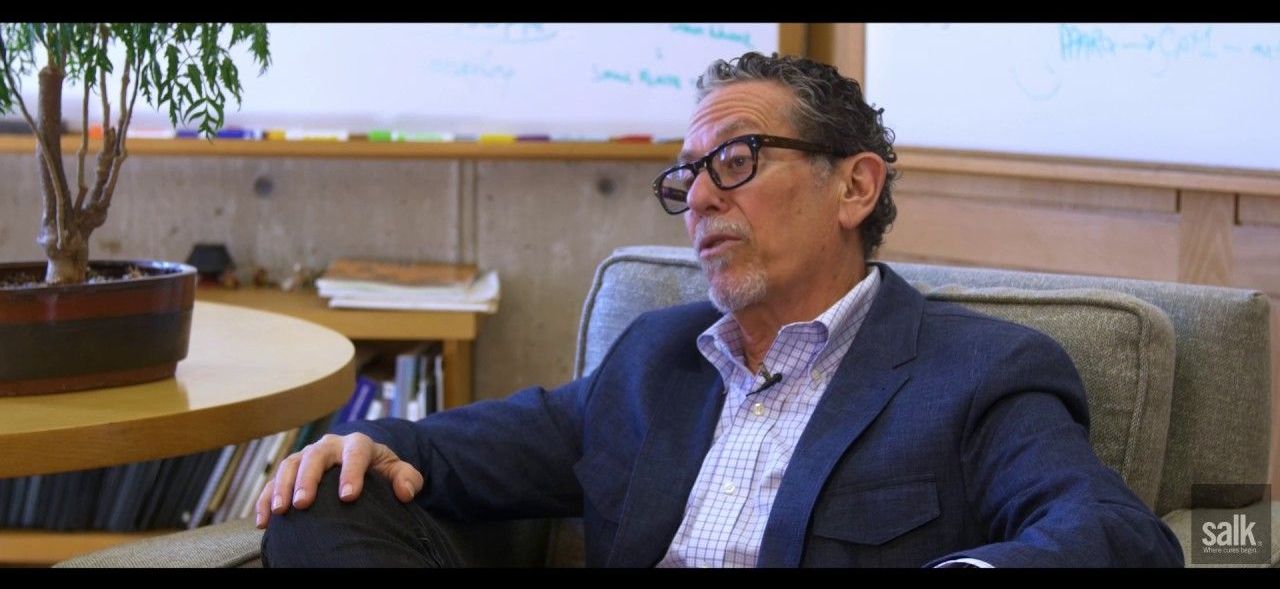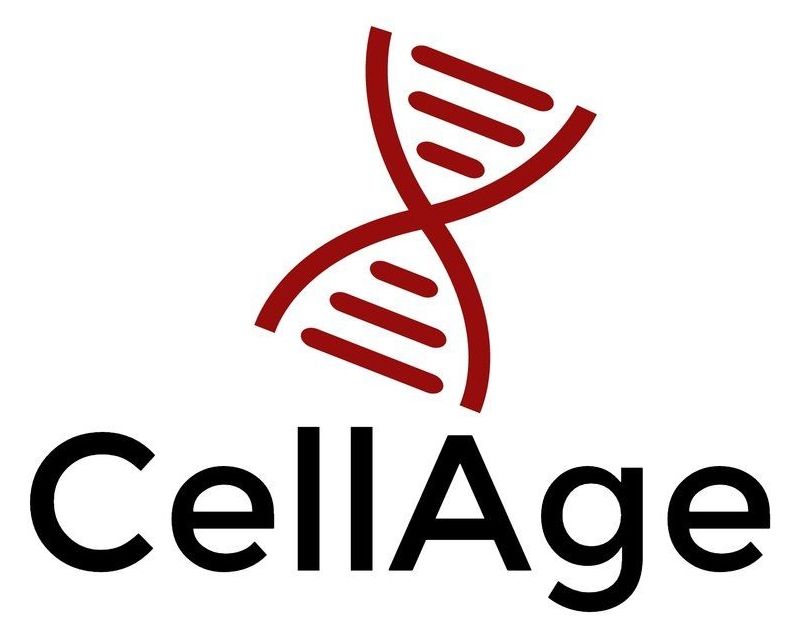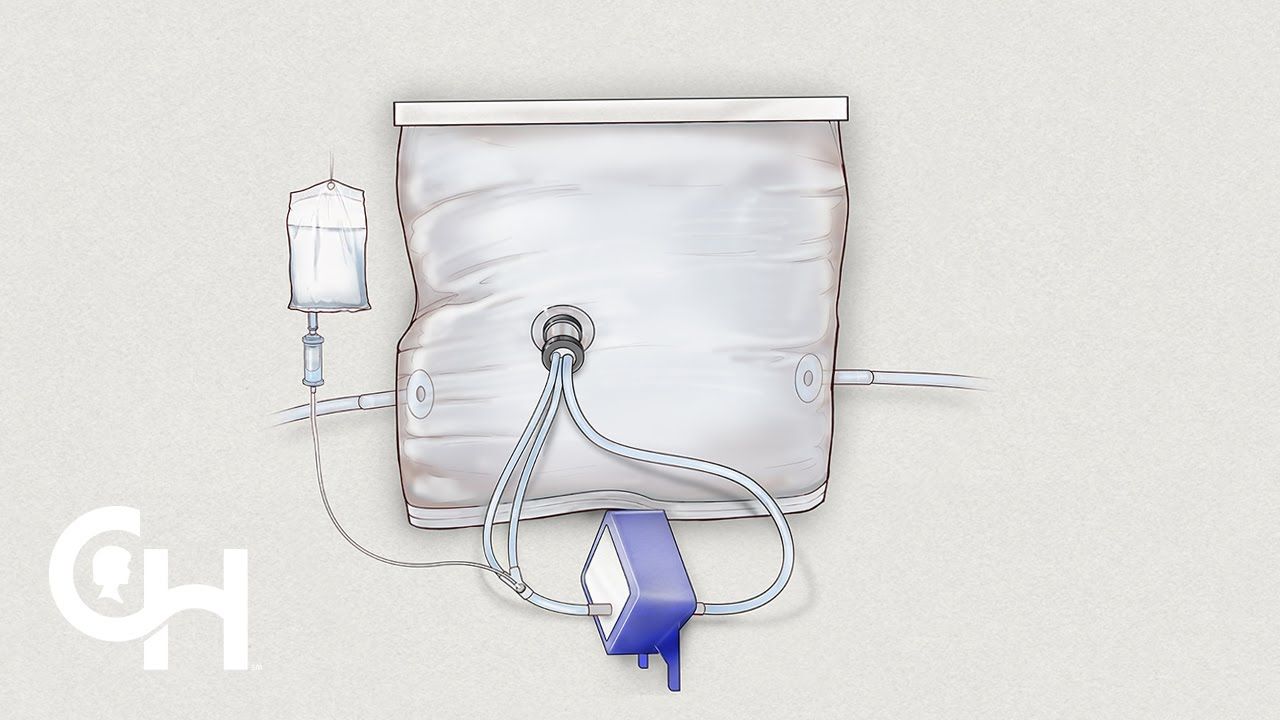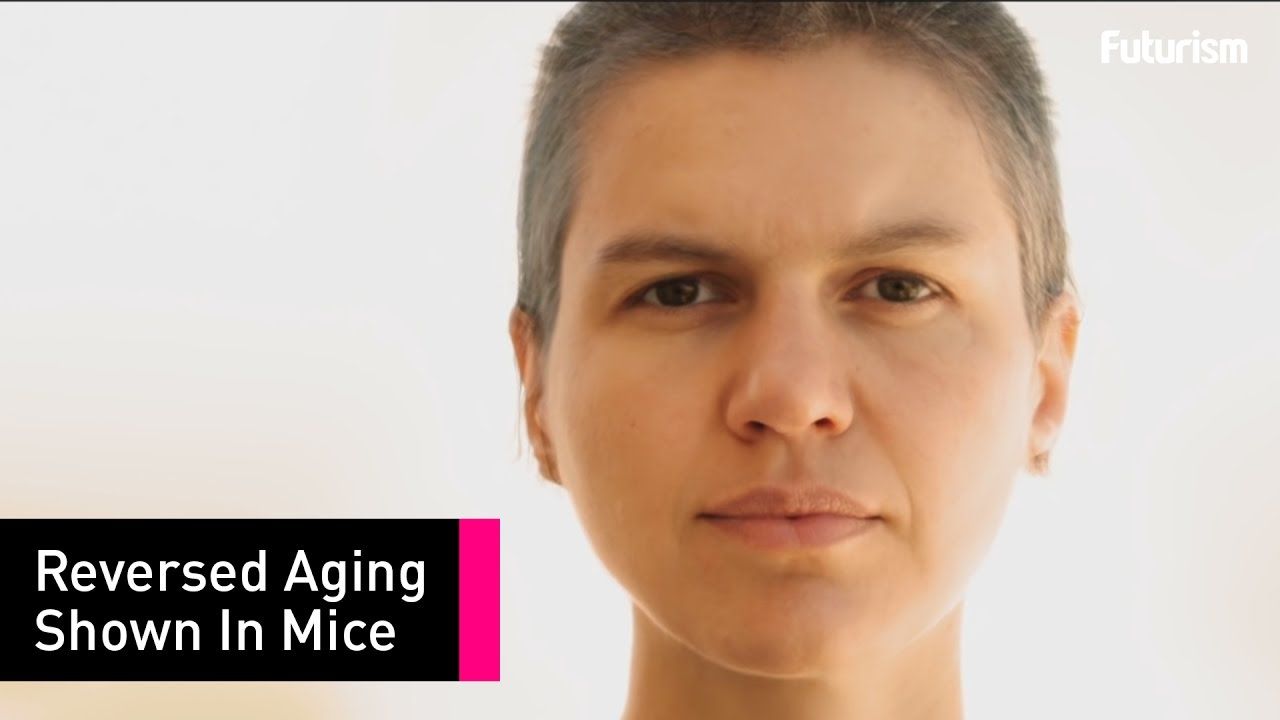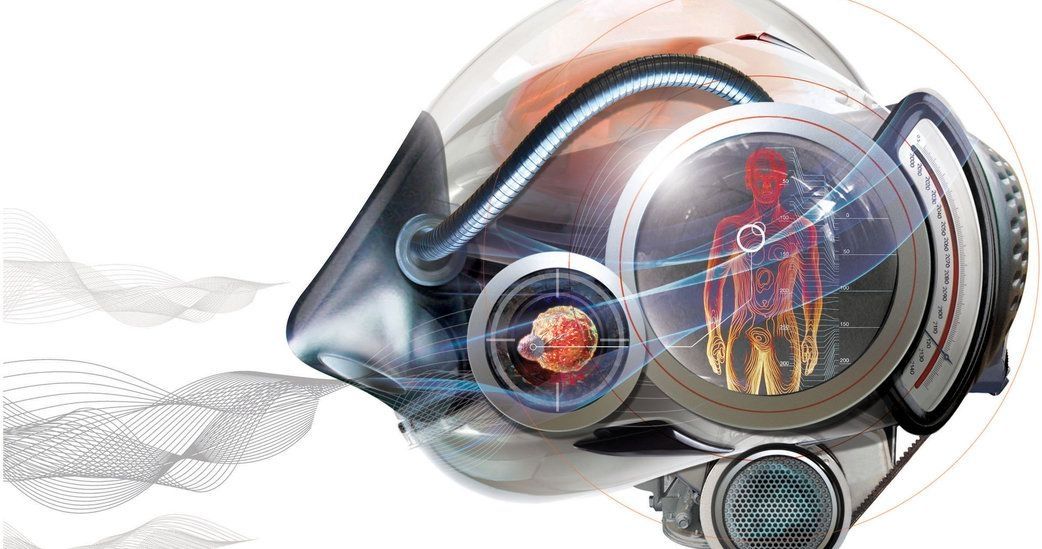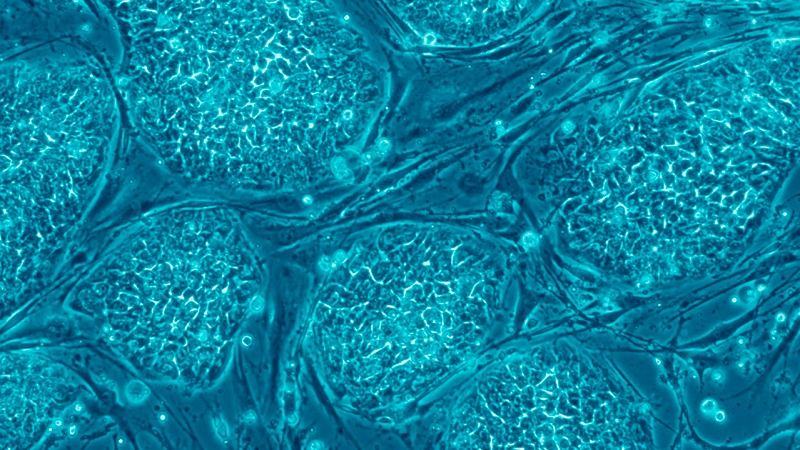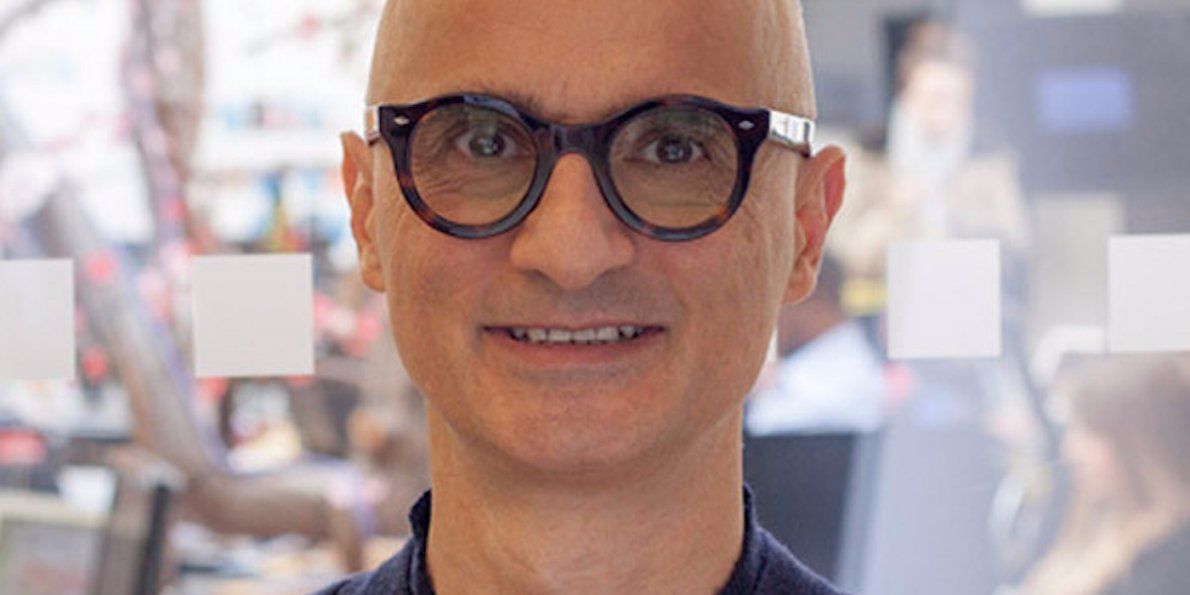May 3, 2017
Treating Osteoarthritis
Posted by Steve Hill in categories: biotech/medical, life extension
New research in multiple mouse types and human cell lines shows senolytics helps mitigate osteoarthritis.
The removal of senescent cells has shown further potential for the treatment of osteoarthritis in this recent publication where the researchers reduce the impact of post injury osteoarthritis by clearing senescent cells[1]. As we have discussed many times in our publications, senescent cells are a key player in the aging process, if you are new to the subject and want to know what senescent cells are here is a quick primer.
What are senescent cells?


